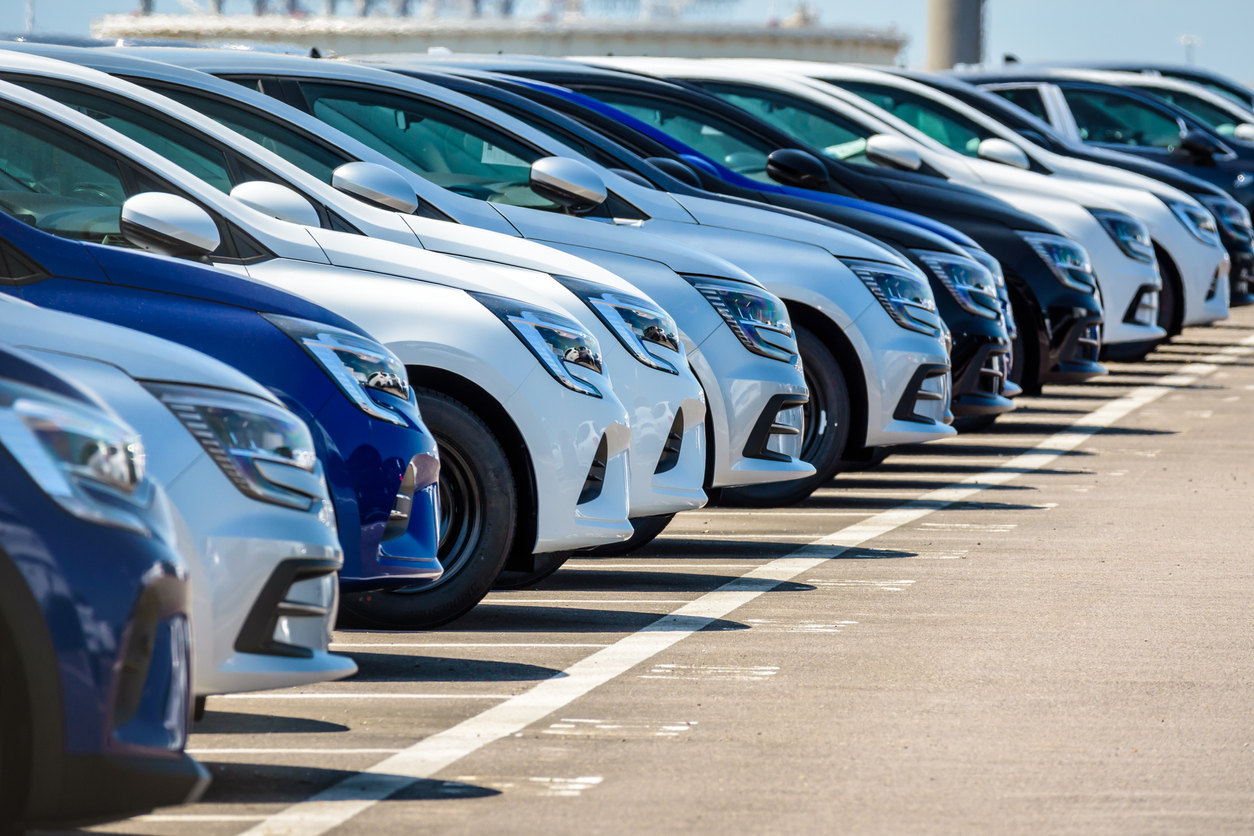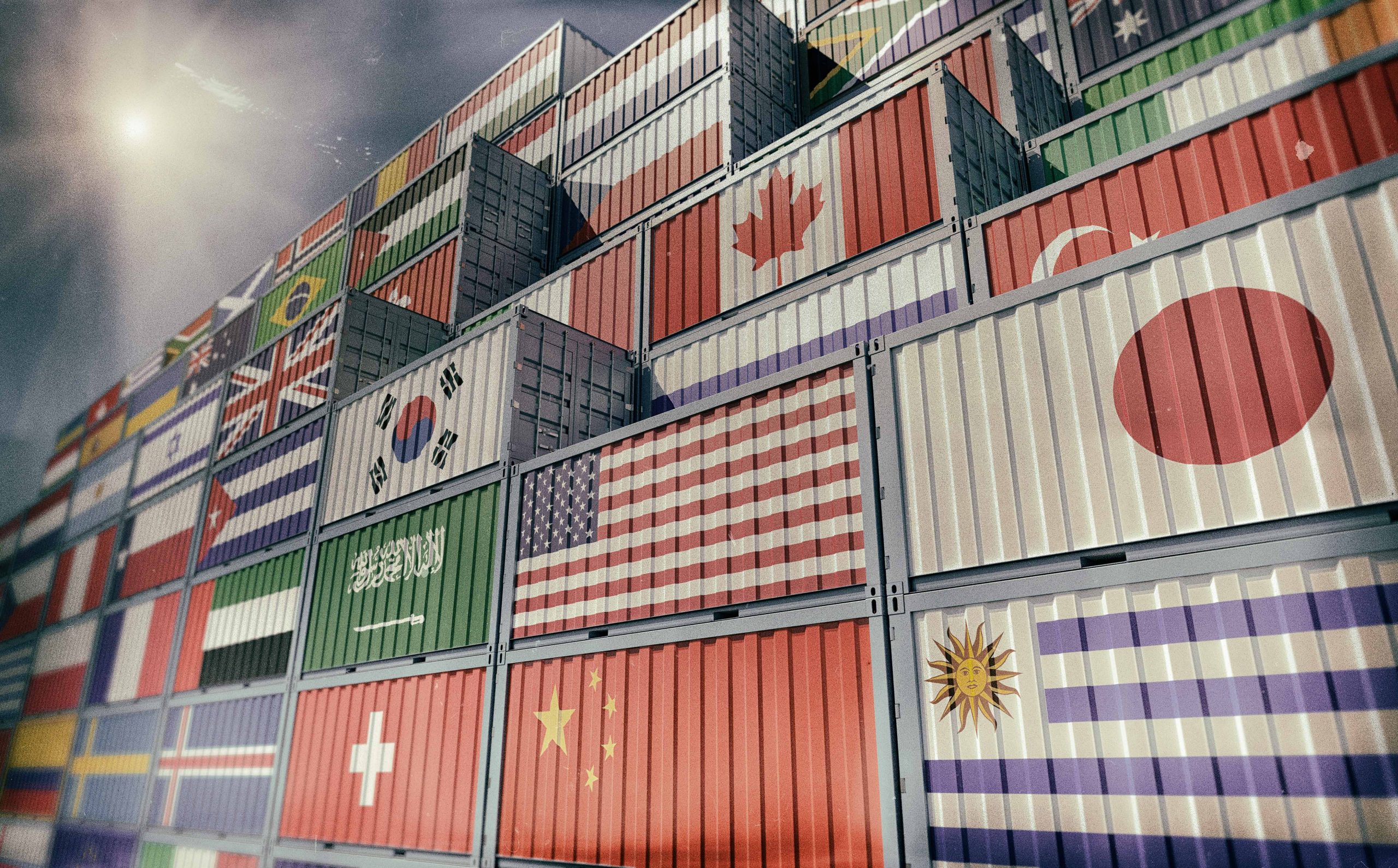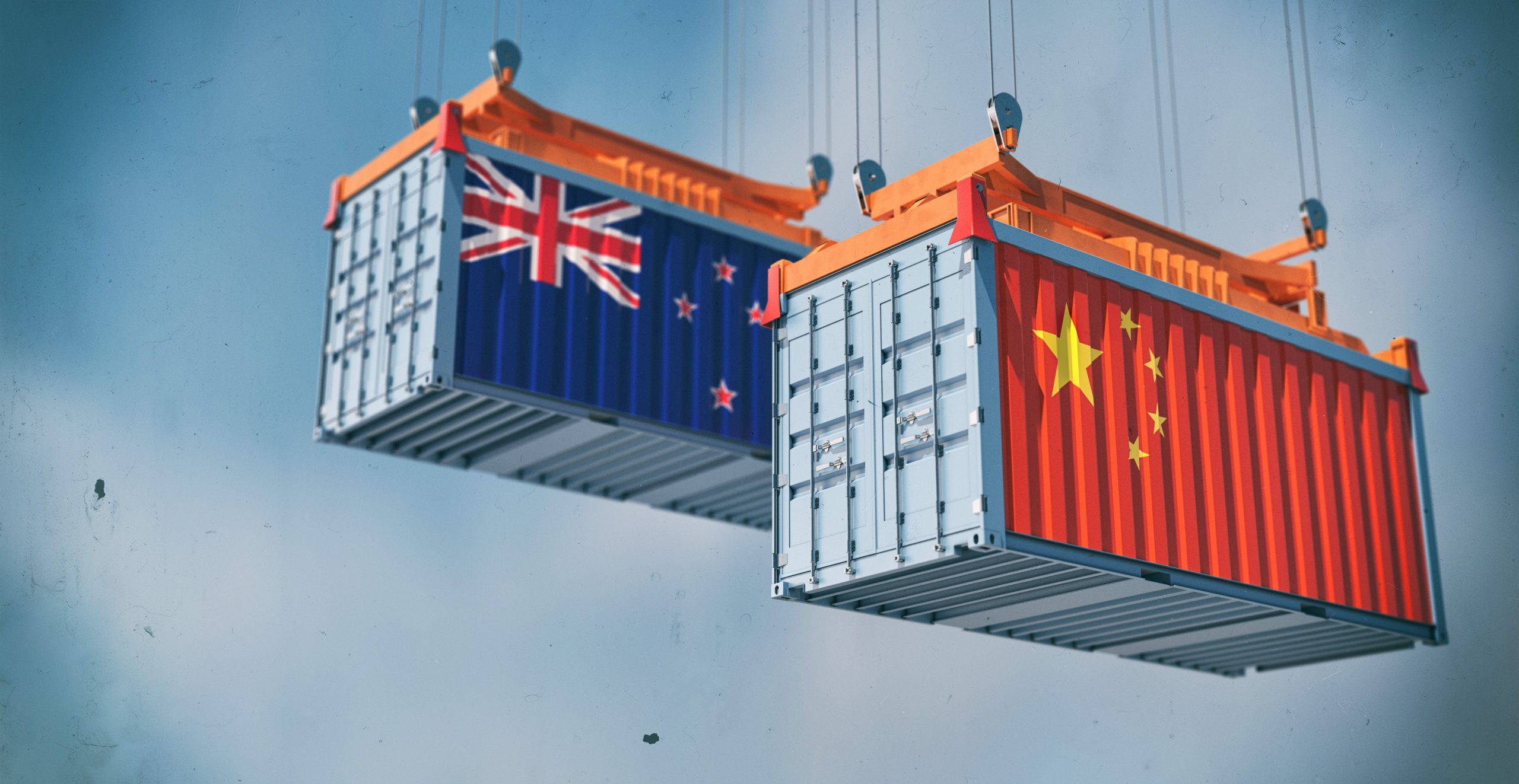How to Import a Car to Nigeria: Complete Guide on Costs and Process
Importing a car to Nigeria can be a rewarding investment, but it requires navigating several steps, including import duties, documentation, and selecting reliable shipping options. Whether you’re importing a vehicle for personal use or commercial purposes, understanding the process and requirements is crucial to avoid delays and unexpected costs. Here’s a comprehensive guide on how to import a car to Nigeria, including key considerations, costs, and steps to ensure a smooth process.
1. Choose the Right Car for Import
Selecting a car that meets both your needs and Nigerian import regulations is an important first step. Some key considerations include:
- Vehicle Age: Nigeria prohibits the importation of vehicles older than 15 years from the date of manufacture.
- Condition: While new and used cars are both allowed, used cars (referred to as Tokunbo in Nigeria) must be in good working condition and free from severe damage, as damaged vehicles can incur additional costs.
- Fuel Efficiency: With fuel prices in mind, choosing a fuel-efficient vehicle is practical for most Nigerian road conditions.
2. Understand Import Duties and Taxes
Nigeria imposes import duties and taxes on vehicles, which are based on the car’s value, model, and year of manufacture. The main costs include:
- Import Duty: Typically 35% of the vehicle’s value.
- Levy: An additional 35% levy applies to most imported used cars.
- VAT: 7.5% of the vehicle’s cost, insurance, and freight (CIF) value.
- Ecowas Trade Liberalization Scheme (ETLS): If importing from ECOWAS countries, reduced tariffs may apply in certain cases.
Together, these fees can add up to around 75-80% of the vehicle’s CIF value. Calculating these fees accurately before shipping is essential to budgeting for the total import cost.
3. Select a Reliable Shipping Method
The most common methods of shipping vehicles to Nigeria are Roll-on/Roll-off (RoRo) and Container Shipping.
- Roll-on/Roll-off (RoRo): This is often the most affordable method, where the car is driven directly onto the ship and secured in place. However, personal belongings cannot be left in the car during RoRo shipping.
- Container Shipping: This method involves placing the vehicle inside a container, offering more protection during transit. It is more expensive than RoRo but allows for additional belongings to be shipped with the car.
Major Ports for Car Importation:
- Port of Lagos (Apapa Port): The most popular port for car imports in Nigeria, with high shipping volume and logistics support.
- Tin Can Island Port: Another major port for vehicle imports, particularly for Lagos-based importers.
4. Complete Required Documentation
To import a car into Nigeria, specific documentation is required to ensure customs clearance and registration. The key documents include:
- Bill of Lading: Issued by the shipping company, detailing the vehicle’s transport and ownership.
- Commercial Invoice: Indicates the vehicle’s purchase price, which customs use to calculate import duties.
- Title and Registration: Proof of ownership and the car’s legality in its country of origin.
- Form M: A mandatory document obtained from an authorized bank in Nigeria for all imports, used for pre-shipment inspection.
- Pre-Arrival Assessment Report (PAAR): Issued by the Nigeria Customs Service, the PAAR assesses the car’s value and determines customs duties.
It’s advisable to work with a clearing agent who is well-versed in customs processes and requirements to avoid potential document-related issues.
5. Engage a Licensed Clearing Agent
Licensed clearing agents are professionals who help facilitate the customs clearance process, ensuring all paperwork and fees are correctly processed. They are familiar with Nigerian customs procedures and can expedite the process by handling all necessary documentation, paying import duties on your behalf, and guiding you on vehicle inspections.
6. Register the Car in Nigeria
Once the vehicle clears customs, the next step is to register it with the Federal Road Safety Corps (FRSC) to obtain Nigerian license plates. Required documents for registration include:
- Customs clearance papers
- Vehicle inspection certificate
- Proof of ownership (bill of sale)
- Insurance certificate
- Valid identification (e.g., passport or national ID)
Completing the registration allows you to legally drive the vehicle in Nigeria.
Additional Considerations for Car Importation
1. Total Cost Calculation
Be aware of the total cost involved in the import process, including:
- Purchase price
- Shipping costs (RoRo or container)
- Import duty, levy, and VAT
- Clearing and agent fees
- Registration and insurance costs
2. Insurance
Car insurance is mandatory in Nigeria. You can obtain coverage immediately after import to protect your vehicle. Comprehensive insurance is highly recommended for imported cars.
3. Road Condition Suitability
Consider the condition of Nigerian roads when choosing a vehicle. SUVs and other robust vehicles are generally popular due to their suitability for rougher road conditions in certain areas.
How Wigmore Trading Can Assist with Car Importation
Wigmore Trading specializes in facilitating seamless import processes, offering end-to-end support for individuals and businesses looking to import cars into Nigeria. With experience in customs clearance, documentation, and logistics, Wigmore Trading provides reliable and efficient services to streamline the import process. By partnering with a network of trusted clearing agents, Wigmore ensures that every step—from shipping and customs duties to delivery and registration—is handled professionally, giving clients peace of mind.
Whether you’re looking to import a personal vehicle or expand a fleet for commercial purposes, Wigmore Trading’s expertise in the Nigerian market ensures that the process is smooth and compliant with all regulatory requirements.








Comments are closed.